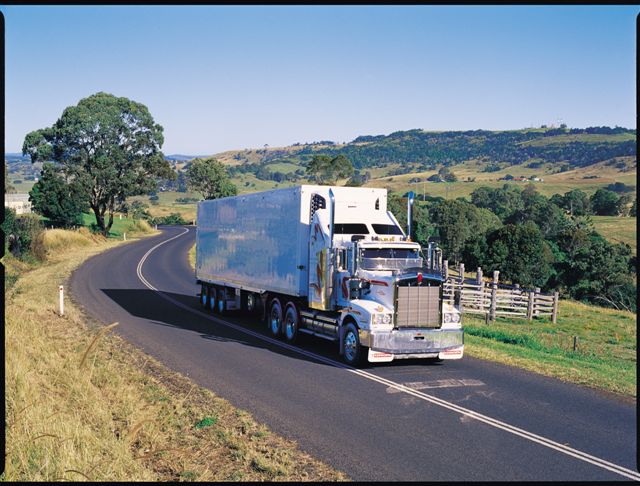Media thrives on controversy, so it was no shock to see headlines about the passing of new workplace laws have been dominated by the ‘right to disconnect’ rules.
Last-minute changes are part of political horse trading however, and once the law passed, we publicly asked how the right to disconnect was going to work practically.
Trucking is a 24/7 industry. Safety is of prime consideration as employers need to speak with drivers about changing weather, road conditions, roster changes, variations to routes or issues at destinations.
In our industry, commonsense should and must prevail, especially if driver welfare is at stake.
Let’s strip away the headlines and look at the issue pragmatically.
Firstly, none of the new right to disconnect rules will apply to any businesses for six months and in the case of small business, the lead time will be a year.
Putting a criminal sanction into the law was an error the Government intends to have resolved prior to the laws being in place.
Putting that to one side, what impact will the new law have on road transport?
Whilst we are awaiting legal opinion there has been some legal commentary made publicly available to date. One comment makes it clear that employers may not be prohibited from, or penalised for, contacting their employees outside of ordinary working hours.
An employee will have the right to refuse to “monitor, read or respond to contact, or attempted contact, from an employer” unless the refusal is “unreasonable.”
Whether a refusal is unreasonable will depend on a range of things. Like the reason for the contact, how it was made, how disruptive it was, and what compensation (if any) was involved for extra time worked.
The nature of the employee’s role, the employee’s level of responsibility, and the employee’s personal circumstances (including family or caring responsibilities) also need to be considered.
An employee or employer will be able to apply to the Fair Work Commission to deal with a dispute – but only after failing to resolve it at the workplace level.
The Commission will be able to issue a stop order to either party and be asked to provide a solution, according to other legal commentary.
NatRoad advocates for less red tape, not more. Adding complexity and increasing the regulatory burden on businesses does not make a road transport business any more viable.
If a claim against an employer for something is found to be fair and reasonable ends up in the Commission, that’s an added expense.
Paying for legal representation is optional in the Commission, but there’s also the prospect of employers needing help in checking and re-writing employment contracts to make sure they comply with the new law.
Our industry has its share of disputes but they’re generally between operators and big businesses making unfair or unrealistic contractual demands.
The other parts of the new laws, which give the Fair Work Commission new powers to make binding contractual orders after expert industry input, should go a long way towards correcting those imbalances.
There’s a lot to work through with the right to disconnect issue.
The risk is that it creates a new avenue for a soured relationship in a business between a manager and an employee/ driver to be weaponised.
It will be interesting to read how the Fair Work Commission’s guidelines deal with vexatious or frivolous complaints when they are eventually published.



